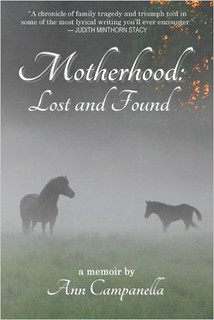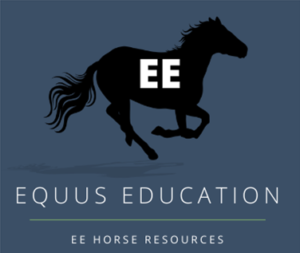I was recently contacted about reading and reviewing Sweetbriars: Leaving the City by Hollie Anne Marsh. Who can refuse a horse book, really? The first in the series, Sweetbriars: Leaving the City is an exploration of a horsey family moving to their dream property in the country. Here they will be able to keep their horses and hopefully turn the facility into a livery and riding school.
Twelve year old Cate Sullivan is the main character in this story. Although she is excited about the family’s move, she is devastated to leave behind her close circle of friends. She has grown up with these girls and cannot imagine feeling comfortable without her best friend Beth – or her instructor friend Bridget! Still, Cate knows the move is good for the family and she is excited that her instructor mother will be able to set up the new property Sweetbriars for clients and offer riding lessons.

Cate and her older brother Alex are keen riders and very knowledgeable. That isn’t surprising, considering the fact that their mother is an accomplished rider and instructor. Alex is a keen show jumper whilst Cate enjoys success with showing her beautiful palomino mare, Odette. The two are excited to discover incredible facilities at Sweetbriars and can only hope that the house is good enough for their parents to want the whole farm!
It isn’t too long before the family has bought the property and is preparing for the move. As the Sullivan family go through the process of moving, setting up the farm, meeting the locals and adjusting to country life, the reader gets to explore this through Cate’s eyes.
Sweetbriars: Leaving the City is highly horse focused and has a lot of educational information. The way it is provided is woven easily throughout the story and the reader gets to learn about many facets of horses. There is showing, dressage, show jumping, horse care, nutrition and much more. It’s an entertaining read whilst also highly educational. As an added bonus, there is also a glossary of terms at the end of the book.
Twelve year old Cate battles through disappointments as well as loneliness. She has left her close friends and feels estranged at a new school. Even Pony Club is different and she isn’t sure one of the instructor’s likes her at all. And then her best friend Beth becomes distant. Suddenly it seems to Cate that the move to Sweetbriars wasn’t a good thing at all.
Cate is determined not to complain when the rest of her family seems to be settling in well. In fact, they are loving their new life, so she presses on. In time the pre-teen develops new friends and learns things aren’t always as they appear. She even discovers a new discipline that she hadn’t anticipated enjoying. Sweetbriars: Leaving the City is a great introduction to this series. It moves at a good pace, is sure to enthral horse fans, whilst also teaching them a few things.
Author – Hollie Anne Marsh
Fiction – middle grade / teen
In my library – as an eBook it is.




